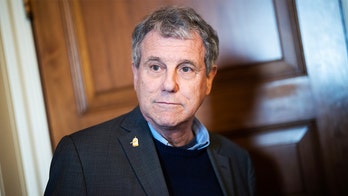Former New York City Mayor Michael Bloomberg is considering a 2016 independent presidential campaign, vowing to spend a $1 billion of his own cash, according to The New York Times.
The billionaire politician purportedly sees an opportunity for a third-party victory, based on what he considers a beatable 2016 field. He has already commissioned a poll and told advisers to start drafting plans.
Bloomberg appears to be waiting on the outcome of the Feb. 1 Iowa caucus and the Feb. 9 New Hampshire primary, saying he’ll commission a second poll after New Hampshire and make a decision in early March.
There was speculation in 2008 and 2012 that Bloomberg was considered a White House bid. He was a Democrat, then a Republican before becoming an Independent.
Bloomberg purportedly is motived by fellow New York billionaire Donald Trump dominating national polls in the GOP primary and the problems facing the campaign of front-running Democratic candidate Hillary Clinton.
Texas Sen. Ted Cruz is Trump’s closest challenger, and Vermont Independent Sen. Bernie Sanders is making a strong bid for the Democratic nomination. They could win early primaries in Iowa and New Hampshire, respectively.
Though Bloomberg, 73, would face long odds in winning, his entry in the race has the potential to take away votes from either party in the general election, regardless of who wins the nominations.
The Times said Bloomberg’s plan to spend $1 billion based on interviews with sources briefed on his plans but who spoke on the condition of anonymity.
Bloomberg, who declined to comment for The Times story, reportedly could enter the race and still qualify to appear as an independent candidate on the ballot in all 50 states.
However, no Independent has ever been elected U.S. president. He remains highly regarded for his work as New York mayor, from 2002 to 2013, including his efforts in response to 9/11.
However, his strong support for tighter gun laws and his ties to Wall Street could present problems for conservative and liberal voters disaffected with the existing presidential field.




